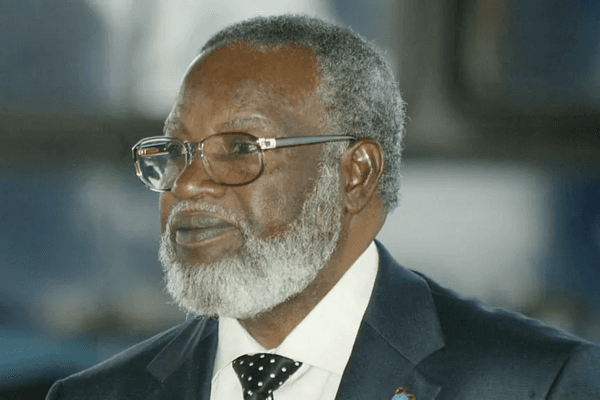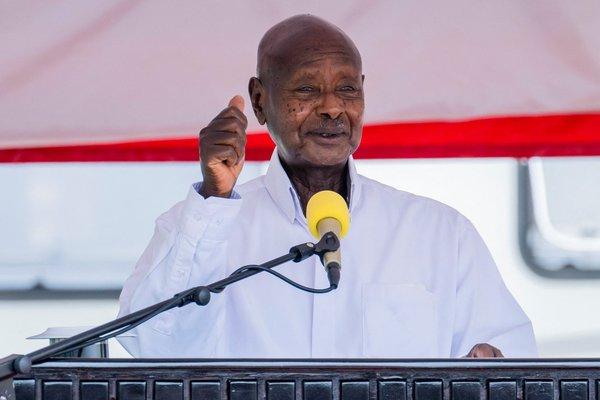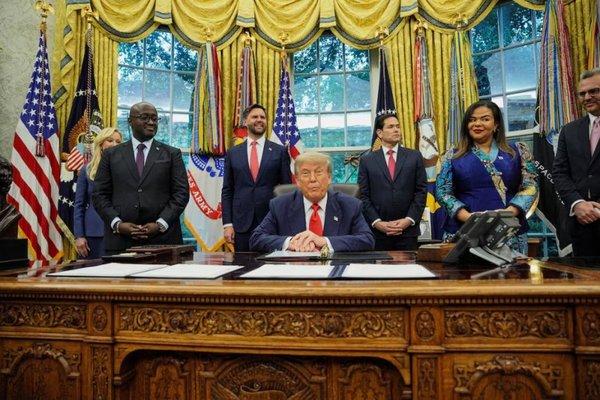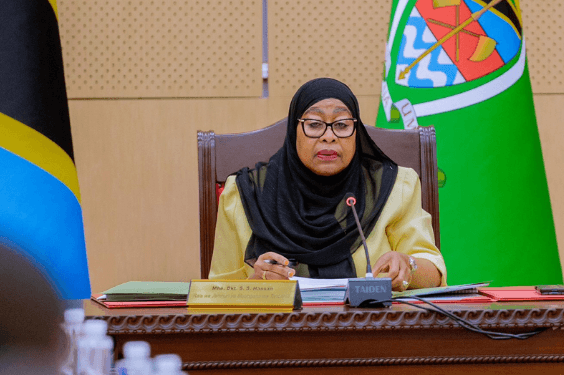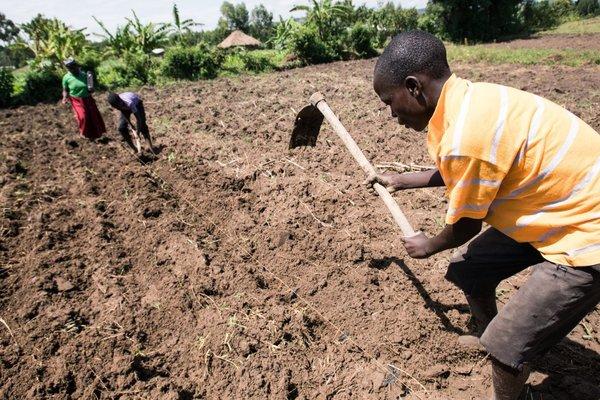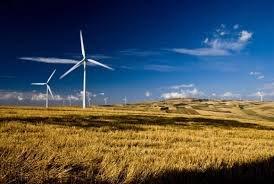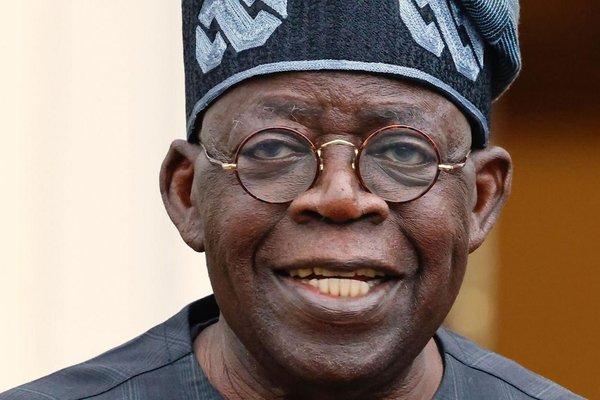Rwanda
VISIT RWANDA

East-Central Africa

26,338 square kilometers (10,169 square miles)

CAT +01:00

13million (as of 2024)

Kinyarwanda( national and widely spoken), English, French, Swahili

Christianity over 90% of the population, Islam, Traditional indigenous beliefs

Rwandan Franc(RWF)

H.E Paul Kagame

Brief
Rwanda, often referred to as the "Land of a Thousand Hills," is a small but remarkable country located in East-Central Africa. Bordered by Uganda, Tanzania, Burundi, and the Democratic Republic of Congo, Rwanda is known for its breathtaking landscapes, rich biodiversity, and a rapidly growing economy. Despite its painful history marked by the 1994 genocide against the Tutsi, Rwanda has emerged as one of Africa’s most stable, cleanest, and most progressive nations.
The capital city, Kigali, is a symbol of the country’s transformation modern, orderly, and safe. Rwanda is home to over 13 million people, with three main ethnic groups: the Hutu, Tutsi, and Twa. Kinyarwanda is the national language, while English and French are also widely spoken. The country has made great strides in unity and reconciliation, placing a strong emphasis on national identity over ethnic divisions.
Culturally, Rwanda is vibrant and deeply rooted in tradition. Music, dance, and storytelling play a central role in community life, with the Intore dance and Imigongo art being iconic representations of Rwandan heritage. Religion also plays an important role in society, with Christianity being the predominant faith, followed by Islam and traditional beliefs.
Rwanda is becoming a top destination for eco-tourism and wildlife lovers. From the rare mountain gorillas of Volcanoes National Park to the rich rainforests of Nyungwe and the scenic beauty of Lake Kivu, the country offers a unique blend of adventure and tranquility.
Today, Rwanda stands as a shining example of resilience, unity, and sustainable development. Its journey from tragedy to transformation continues to inspire the world.
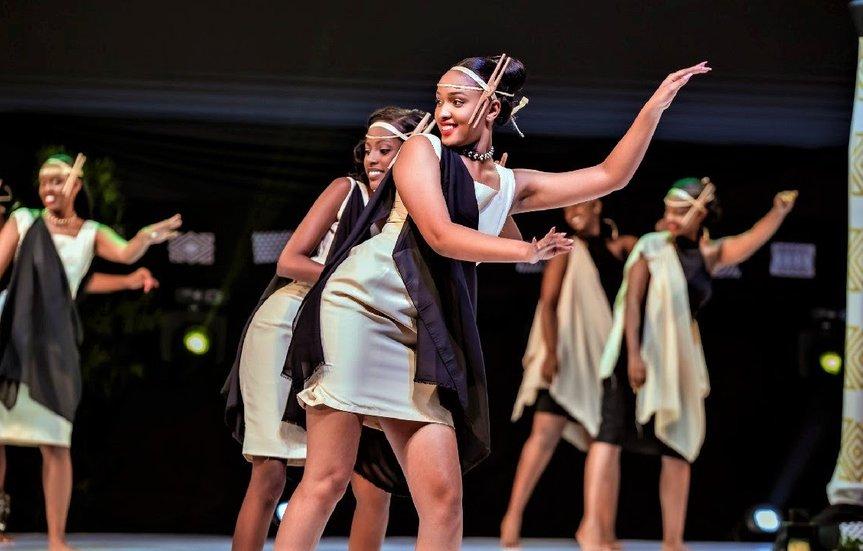
PHOTOS



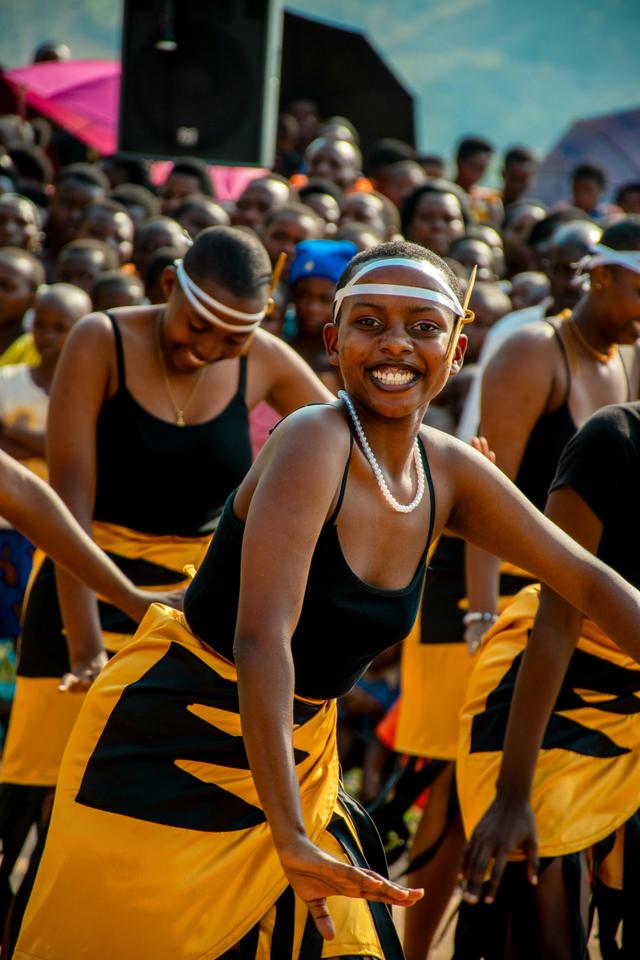
National Anthem
Cultural Life
Rwanda is Known as the “Land of a Thousand Hills” due to its mountainous terrain.
It is one of the cleanest and safest countries in Africa.
Plastic bags are banned for environmental reasons.
Rwanda has the highest representation of women in parliament globally.
The country runs on a strong spirit of unity and reconciliation after the 1994 genocide.
Although Rwanda is a small country, it is rich in cultural heritage. The country is predominantly inhabited by three major ethnic groups:
- Hutu – around 84%
- Tutsi – around 15%
- Twa – about 1% (a Pygmy group, traditionally forest dwellers)
Daily Life and Social Customs




Intore Dance: Traditional Rwandan dance with powerful drumming and synchronized footwork.
Umuganda: A national community service day held on the last Saturday of every month, where citizens join in public works. It reflects Rwanda’s value of unity and cooperation.
Imigongo Art: A unique style of art using cow dung, often painted in geometric black, white, and red patterns.
Traditional Clothing: The "Imishanana" is traditional wear for Rwandan women, especially during ceremonies.
Cuisines
Rwandan cuisine is simple yet hearty, reflecting the country’s agricultural roots. Staple foods include ugali (a stiff maize porridge), beans, sweet potatoes, cassava, and plantains, which are often boiled, mashed, or fried. A traditional favorite is isombe, made from cassava leaves cooked with peanuts or palm oil. In regions near Lake Kivu, fish, especially tilapia, features prominently in meals. While meat is eaten less frequently in rural areas, urban centers enjoy dishes with goat, beef, or chicken, typically grilled or stewed. Rwandans often drink banana beer and urwagwa, a traditional fermented banana beverage. Meals are usually shared with family, emphasizing community and modesty.





Music
Rwandan music is a vibrant reflection of the country’s rich cultural heritage, blending traditional and modern styles. Traditional music features drums (especially the ingoma), string instruments like the inanga, and call-and-response singing used in ceremonies, storytelling, and dance. The intore dance, performed with energetic rhythm and warrior-like movements, is closely tied to Rwandan identity. In modern times, genres like Afrobeats, gospel, hip-hop, and R&B have gained popularity, especially among the youth. Artists such as Meddy, The Ben, and Bruce Melodie have helped shape Rwanda’s contemporary music scene. Music remains an essential part of daily life, celebrations, and national healing after the 1994 genocide, often promoting unity and resilience.
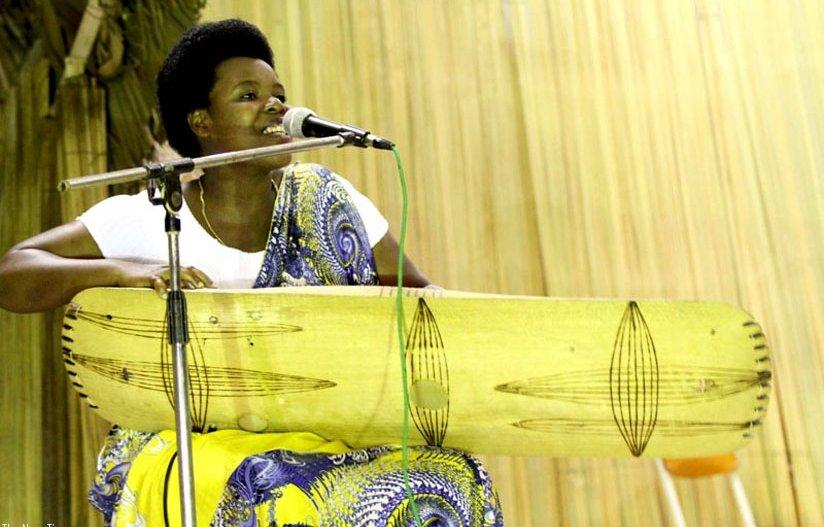
Arts
Art in Rwanda is deeply rooted in tradition and has evolved into a powerful form of cultural expression and economic opportunity. Traditional crafts such as basket weaving, especially the iconic Agaseke baskets, are renowned for their intricate patterns and symbolic meanings tied to peace and womanhood. Imigongo art, a unique style created with cow dung and natural pigments, features geometric designs and is traditionally practiced in the Eastern Province. Contemporary Rwandan art includes painting, sculpture, and textile work, often addressing themes of history, identity, and reconciliation. Art centers and galleries in Kigali have nurtured a growing community of young artists who blend traditional influences with modern styles to reflect Rwanda’s journey of healing and progress.
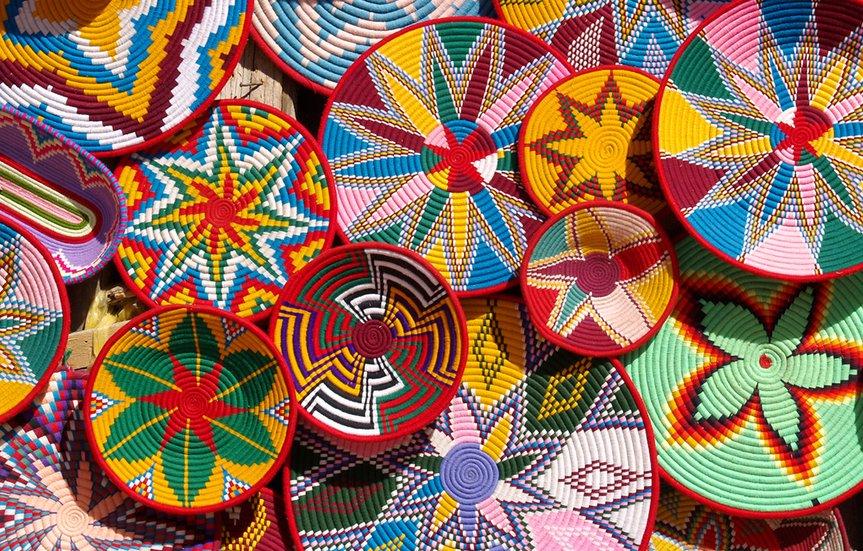




People
Ethnic Groups
Rwanda is home to three main ethnic groups: the Hutu, Tutsi, and Twa. The Hutu make up the majority of the population, followed by the Tutsi, and a small minority of Twa, who are traditionally forest-dwelling hunter-gatherers. Despite shared language (Kinyarwanda), religion, and cultural practices, these groups have historically been distinguished by social and economic roles. Ethnic divisions were deepened during colonial rule and played a major role in the 1994 genocide. Today, the Rwandan government promotes national unity over ethnic identity, discouraging ethnic labels in favor of a shared Rwandan identity to foster reconciliation and peace.




Religion
Religion plays a central role in the lives of most Rwandans, with Christianity being the dominant faith. The majority identify as Roman Catholic, followed by various Protestant denominations, including Anglicans, Pentecostals, and Adventists. In recent years, Evangelical churches have grown significantly, especially in urban areas. A smaller portion of the population practices Islam, primarily among urban communities. Traditional beliefs and spiritual practices still influence some cultural customs, especially in rural areas. Religion is closely tied to community life, moral values, and national healing, with many religious institutions playing a role in promoting peace and reconciliation after the 1994 genocide.
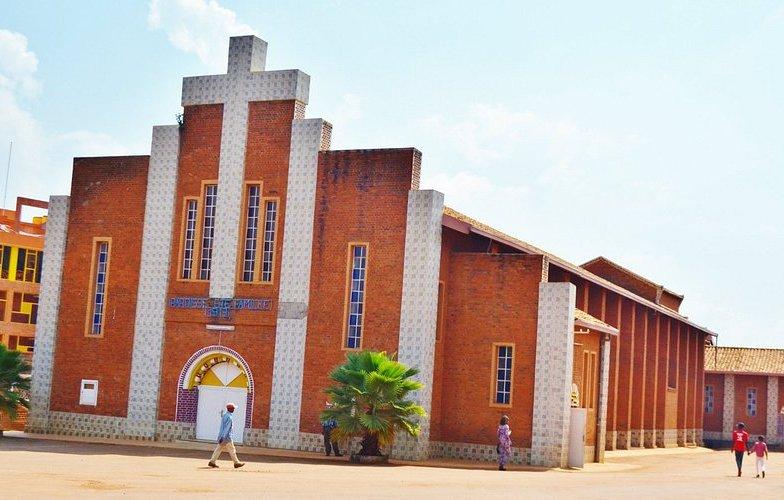
Settlement Patterns
Rwanda’s settlement patterns are shaped by its hilly terrain and high population density. The majority of Rwandans live in rural areas, often in scattered homesteads across the hillsides, a system known as "imidugudu"—a government-supported model promoting grouped rural settlements to improve access to services. Urbanization is increasing, with Kigali, the capital, experiencing rapid growth due to its role as an administrative and economic hub. Other towns like Butare, Gisenyi, and Musanze are also expanding. Despite urban growth, over 70% of the population still relies on subsistence farming, and rural living remains central to daily life in Rwanda.

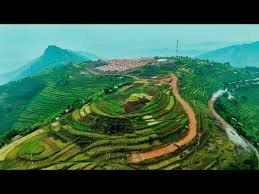

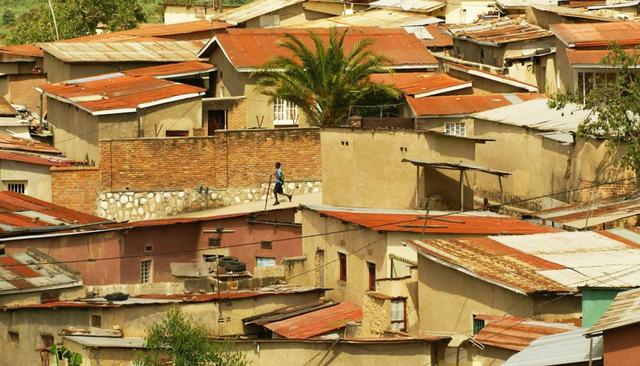
Demographic Trends
Rwanda's demographic landscape is characterized by rapid population growth, a youthful age structure, and increasing urbanization, all of which are shaping the country’s development trajectory. As of 2025, Rwanda’s population is estimated at approximately 14.57 million, up from 13.2 million in 2022, with an annual growth rate of about 2.2 to 2.3 percent. This steady rise places significant pressure on land, services, and infrastructure, especially in rural areas where the majority of the population still resides.
The country's population is notably young, with a median age of just 19.9 years. Nearly 40% of Rwandans are under the age of 15, creating a high youth dependency ratio and emphasizing the urgent need for education, job creation, and healthcare services tailored to a growing younger generation. This youthful structure also presents an opportunity for economic transformation if Rwanda can effectively harness its human capital through investments in education and skill development.
Despite a gradual shift, Rwanda remains predominantly rural, with only about 18% of the population living in urban areas. However, urbanization is accelerating, particularly in and around Kigali, the capital. The government has implemented policies to manage this growth, including planned urban development and the promotion of secondary cities. Projections suggest that Rwanda's population could approach 24 million by 2052, with urban populations expected to more than double in that period.
Population density is among the highest in Africa, currently around 591 people per square kilometer, and is expected to rise further. This density, combined with limited arable land, highlights the challenges Rwanda faces in terms of sustainable land use, food security, and environmental conservation.
Rwanda's demographic trends point to a future shaped by a rapidly growing and youthful population, increasing urban migration, and rising density. These trends present both challenges and opportunities for national development, requiring focused policies on education, health, infrastructure, and employment to ensure inclusive and sustainable growth.
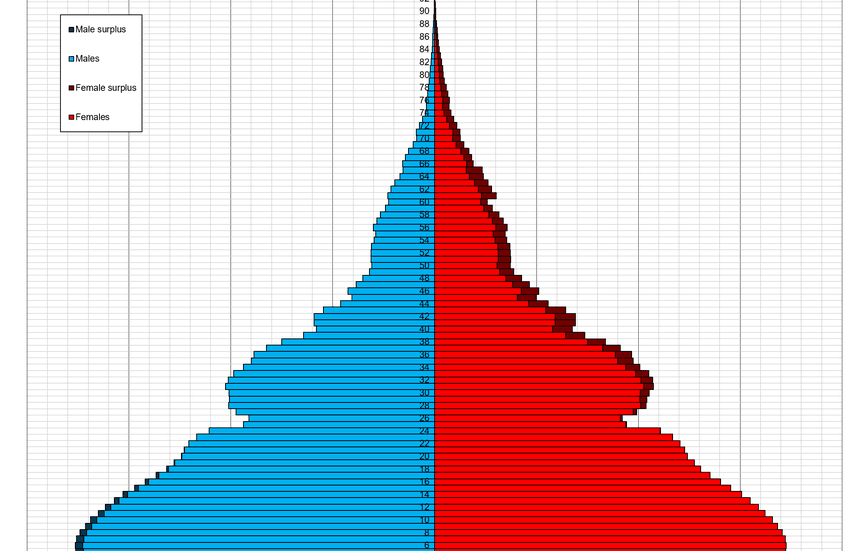
Touristic cities
Kigali City
Kigali, Rwanda’s capital and largest city, is a clean, safe, and modern urban center that serves as the country’s political, economic, and cultural hub. Known for its orderly layout and rapid development, Kigali features modern infrastructure, vibrant markets, art galleries, and landmarks like the Kigali Genocide Memorial. The city blends tradition and progress, offering visitors a mix of historical reflection and contemporary experiences. Its strategic central location and growing reputation as a business and tourism destination make it a key symbol of Rwanda’s transformation.
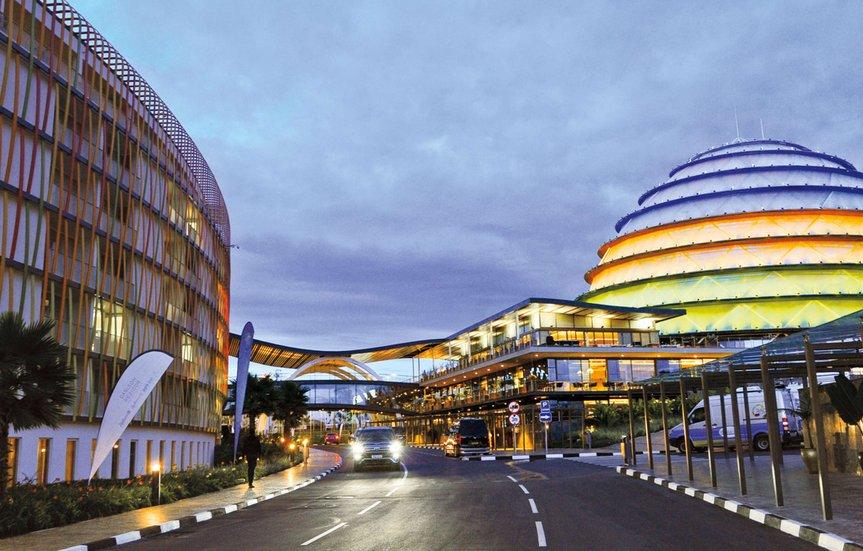
Rwanda, known as the “Land of a Thousand Hills,” offers several cities and towns that attract tourists with their natural beauty, cultural heritage, and wildlife experiences. The capital city, Kigali, is often the first stop for visitors. It boasts clean streets, vibrant markets, art galleries, and the Kigali Genocide Memorial, offering both modern comforts and deep historical insight.
Musanze (formerly Ruhengeri) is a major tourism hub as the gateway to Volcanoes National Park, where tourists can embark on unforgettable gorilla trekking adventures in the Virunga Mountains. Gisenyi, a scenic city on the shores of Lake Kivu, offers a laid-back lakeside atmosphere, with beaches, hot springs, and water sports.
In the south, Huye (formerly Butare) is known for its academic and cultural institutions, including the Ethnographic Museum, which showcases Rwanda’s rich cultural history. Nyungwe, though more a region than a city, is accessed through towns like Gisakura and draws ecotourists to Nyungwe Forest National Park, home to chimpanzees and a canopy walkway.
Together, these cities highlight Rwanda’s growing appeal as a destination that blends nature, history, and culture.




Accommodations
Guesthouses
Guesthouses in Rwanda are widely available and offer affordable, comfortable accommodations with a local touch. Found in cities like Kigali, Huye, Musanze, and Rubavu, these establishments are often family-run and provide clean rooms, home-cooked meals, and personalized service. They appeal to budget-conscious travelers, researchers, and NGO workers. Many guesthouses are located near key attractions, such as national parks or cultural sites, making them convenient for tourists who want an authentic and intimate experience.




Hotels and Resorts
Rwanda has a well-developed hotel industry, especially in the capital, Kigali. Visitors can choose from luxury hotels such as the Kigali Marriott and Hôtel des Mille Collines, which offer high-end amenities like conference centers, spas, fine dining, and swimming pools. Mid-range and budget hotels are also plentiful across the country, providing standard services like en-suite rooms, internet access, and airport shuttles. In popular tourist areas near Volcanoes National Park or Lake Kivu, hotels often blend modern comfort with scenic views and eco-friendly practices.


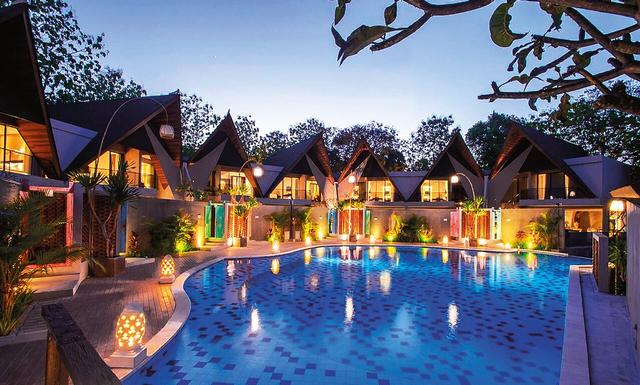

Raids
Traditional raids or riads, known for their Moroccan architecture and courtyard-centered layouts, are not common in Rwanda. However, some boutique lodges and guesthouses incorporate Rwandan and East African architectural styles, using local materials like wood, stone, and thatch. These lodgings often include garden courtyards, outdoor dining areas, and décor that reflects traditional Rwandan culture. While not technically riads, these establishments offer a peaceful and aesthetically pleasing environment for travelers seeking charm and authenticity.




Campings
Camping in Rwanda is a popular option for nature enthusiasts and adventure travelers, particularly near national parks and lakes. Designated camping sites are available in places like Akagera National Park, Nyungwe Forest, and Volcanoes National Park. These campsites often provide basic facilities such as tents, fire pits, latrines, and sometimes guided safari or hiking packages. In more developed areas, luxury tented camps and eco-lodges provide a “glamping” experience with added comfort. Wild camping is not recommended due to safety and environmental concerns.




Requirement for a visa
Documents to be submitted when applying for a visa
To apply for a Rwanda tourist visa, you’ll need:
- A passport valid ≥ 6 months with blank page(s)
- A completed visa form
- Passport photo(s)
- USD 50 visa fee
- Yellow fever certificate (if arriving from risk areas)
- Proof of onward travel
- Proof of accommodation
- Proof of funds
- Invitation letter if visiting someone
If you’re traveling as a businessperson or resident of another country, additional documents (invitation, cover letter, proof of status) will apply.
Apply online via IREMBO or simply get it on arrival—both are efficient and equally valid.
Economy of Rwanda
Agriculture in Rwanda
Rwanda's economy is one of the fastest-growing in Africa, showing remarkable recovery and development since the 1994 genocide. The government has implemented strong policies focused on stability, private sector development, and poverty reduction.
Agriculture: The backbone of Rwanda’s economy, employing over 60% of the population. Major crops include coffee, tea (key exports), maize, beans, and bananas.
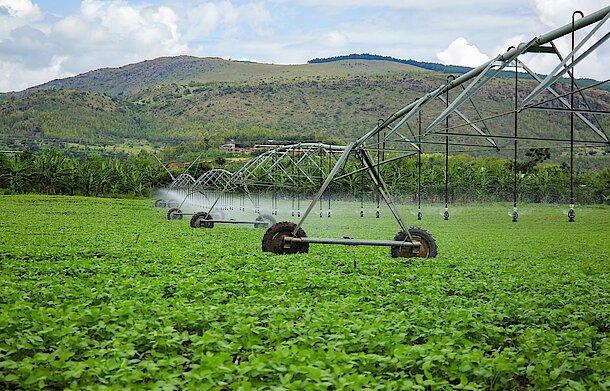
Trade and Investments
Trade and Investment
Rwanda exports tea, coffee, minerals, and tourism services.
It imports fuel, machinery, food products, and construction materials.
The country is open to foreign investment and ranks high in ease of doing business in Africa.

Tourism and Innovation
Tourism and Innovation
Tourism is Rwanda's top foreign exchange earner, especially eco-tourism (like mountain gorilla trekking).
Kigali is emerging as a tech hub with innovations in fintech, mobile banking, and digital services.
Rwanda's economy is small but dynamic, with strategic investments in infrastructure, human capital, and digital technology positioning it for future growth.
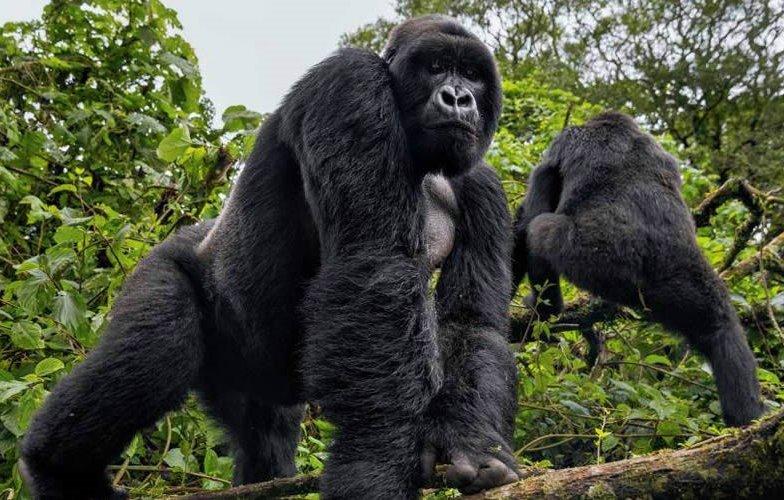
Finance
Finance in Rwanda has seen significant growth and transformation over the past two decades, driven by government reforms, increased financial inclusion, and a focus on digital innovation. The country has developed a robust financial sector that includes commercial banks, microfinance institutions, insurance companies, and a growing capital market. The National Bank of Rwanda plays a key role in maintaining financial stability and regulating the sector. Mobile money and digital banking have become widely adopted, helping to bridge the gap between rural and urban populations and expanding access to financial services. Despite challenges such as limited financial literacy and reliance on agriculture, Rwanda continues to make progress toward becoming a regional financial hub, supported by initiatives like Kigali International Financial Centre.
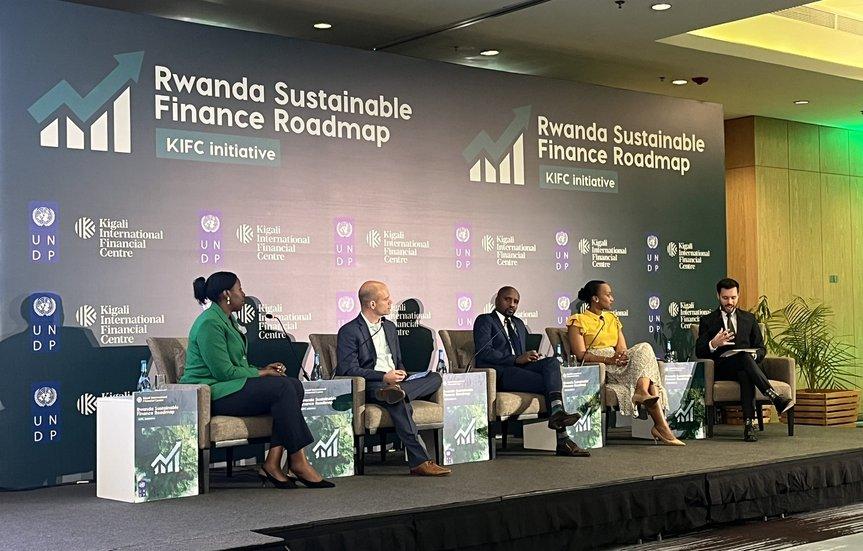
Transportation and Telecommunication
Rwanda has made significant strides in improving transportation and telecommunications infrastructure. The road network is well-maintained, with paved roads connecting major cities like Kigali, Musanze, and Huye, while rural areas are increasingly accessible through government investment. Public transport mainly consists of buses and minibuses, with motorcycle taxis (locally called moto) serving as a popular and affordable option in urban areas. Rwanda also has a growing number of international flights through Kigali International Airport, and plans are underway for a new international airport to boost connectivity.
In telecommunications, Rwanda has one of the fastest-growing digital landscapes in Africa. Mobile phone usage is widespread, and internet penetration is increasing rapidly through 4G networks and public Wi-Fi hotspots, especially in urban centers. The government promotes a “Smart Rwanda” vision, aiming to integrate ICT into education, business, and public services. As a result, digital access and communication have become more affordable and accessible across the country.



Mobile networks



